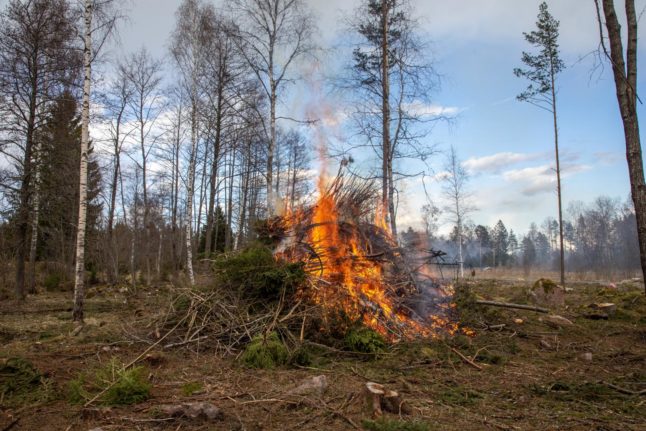Busch said that with one nuclear reactor at Oskarshamn shutting down for repair for ten days on Friday, one reactor at Ringhals shut down for repair until February and another Ringhals reactor set to be shut down for repair on the weekend, Sweden’s electricity system was entering a tight situation.
“The risk of a higher electricity price is greater and there’s a greater risk of power cuts in southern Sweden,” she said.
She then called on citizens to do what they can to help reduce their power risk to increase the resilience in the system.
“The risk of power outages reduces significantly if we can cut electricity use by two percent, and that’s about how much we can save ourselves just in the housing sector by cutting or reducing by one degree, or halving our use of hot water,” she said.
“We need to do what we can to flatten the curve. I realise this is tough. We’ve just gone through a difficult, long, drawn out, pandemic when it was essential we all did our part, and now we find ourselves in another crisis where what we do as individuals can make a difference.”
“I’m very thankful to all the households who have done everything they can over the autumn to reduce electrity use. It has had an effect on the crisis,” she added.
She said that the government would continue with its national campaign to save electricity, adding that “every kilowatt counts”.
Before Busch spoke, prime minister Ulf Kristersson warned that the crisis in the electricity system was “relatively acute”
Lotta Medelius-Bredhe, director general of Svenska Kraftnät, Sweden’s grid operator, said that it was unlikely that there would be any power outages.
“This is not something which we see as really looming,” she said, but she acknowledged that there would be “extremely high prices”.



 Please whitelist us to continue reading.
Please whitelist us to continue reading.
Was this emergency repair or scheduled, if scheduled why shut down 2 at once while a 3rd is already off until February?